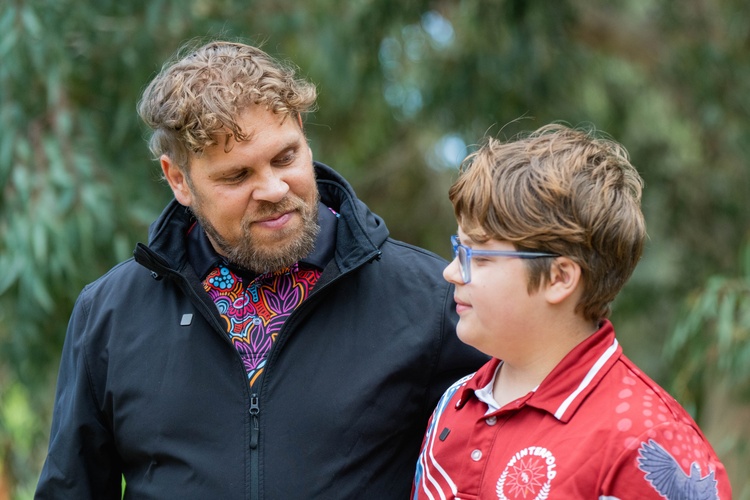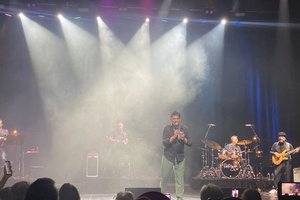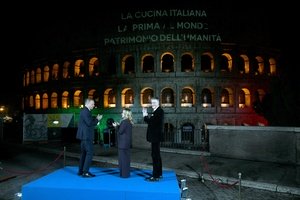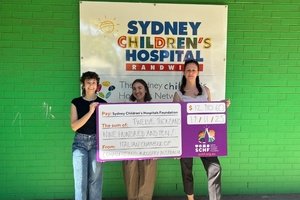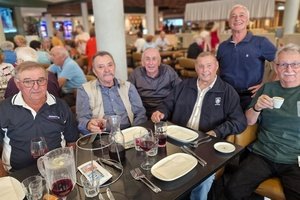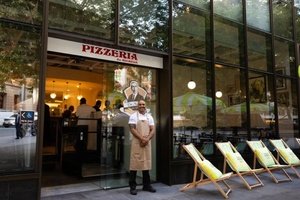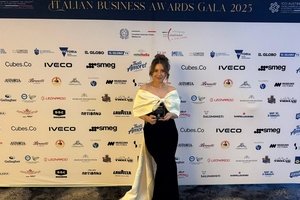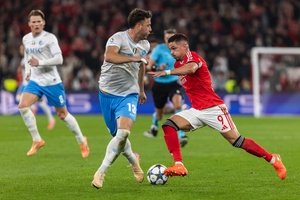By Fern Vallesi - In 2018, representatives from the Western Australian Department of Education’s Aboriginal Education Teaching and Learning directorate visited Winterfold to deliver Professional Learning to the staff in the first years of the Aboriginal Cultural Standards policy document’s release. They assisted us to conduct our first whole staff self-assessment to determine our position on the continuation of each domain. Most staff members believed we sat at the point of Cultural Understanding, and we were just beginning to develop in this area. We realised we had much work to do in order to move forward towards Cultural Responsiveness, and so our journey began.
In 2019, we formed a Reconciliation Committee composed of teachers, Education Assistants and Aboriginal and Torres Strait Islander students’ parents. We developed our first Reconciliation Action Plan (RAP) using Reconciliation Australia’s Narragunnawali platform. The key actions of our RAP centred on the teaching of the cross-curriculum priority of Aboriginal and Torres Strait Islander Histories and Cultures with a focus on our local areas of Fremantle and Cockburn. One of the first steps of our reconciliation journey was to learn more about the Aboriginal Country on which the school stands, Beeliar Wadjak (Whadjuk) Noongar boodja (country).
With 2019 being declared the United Nations International Year of Indigenous Languages, we determined that the sharing of Noongar language with students and the broader school community was an important step on our journey. We are currently in the United Nations International Decade of Indigenous Languages, which consolidates the importance of celebrating Noongar language. Language is intrinsic to cultural identity and the learning of Noongar language builds pride in Aboriginal students which in turn enables increased confidence and improved academic and social outcomes.
We developed an ongoing relationship with Sharon Gregory, local Noongar Language Consultant, who ran workshops with staff to teach them the Noongar sounds and basic sentence structure. We purchased copies of Sharon’s Noongar Language Dictionary and upskilled the staff in the use of these to support language sharing across the school. As non-Aboriginal teachers, we frame this educational experience as “sharing” or “learning together”. We cannot “teach” the Noongar language as it does not belong to us.
We consulted with the Aboriginal parents on the Reconciliation Committee before moving forward with language sharing, and they were happy to support this. In fact, they were pleased to see we would be providing their children with opportunities to connect with culture at school, as this was something that had been denied to them when they were growing up.
During the “protection”, segregation and assimilation phases of Australia’s colonisation process, Noongar people were dispossessed of their language which is central to their cultural identity. We understand there is still much trauma around this. When sharing language, we aim to be as respectful as possible.
Italian is the language taught to the students at Winterfold as part of the Western Australian Curriculum. With high numbers of Italian immigrants arriving in Australia from post-war Europe in the 1950s, this culture is also of great significance to the heritage of Fremantle-Cockburn area. It is interesting to note that many young Italians have immigrated to Australia in recent years and are making the City of Fremantle their home. Noongar language is shared with the school community alongside the teaching of Italian in the classroom.
Kathleen Turtur, First Nations Community Development Officer at the City of Cockburn, is the parent of a student named Rueben Hayden-Nelson who graduated from Winterfold at the end of 2023. Kathleen is a Noongar Italian woman who grew up in the local area herself. She expressed deep gratitude that her son had the opportunity to learn both of these languages in his time at Winterfold, as she did not have access to either language when she was growing up.
When I spoke to Kathleen, she commented:
“Noongar and Italian cultures are similar in many ways. They are both extremely family-orientated and celebration centres around the joys of sharing food. In both Noongar and Italian families, elders are deeply respected. They are the ones who ensure the family structure is running smoothly, that everybody knows their role and plays their part. When my Nonna came to Australia from Sicily, she was told it was not appropriate for her to continue to speak her own language and that she should adapt to the Australian culture in order to be accepted. I wish she had been able to hold onto her true identity and pass on her language to us. The same was true for the Noongar side of my family. They were punished for speaking their traditional language. I didn’t have the opportunity to learn either of my heritage languages when I was at school, so I’m really glad my son was able to learn both at Winterfold.”
In 2023, trilingual signage around the Winterfold Primary School grounds named buildings in English, Noongar and Italian. These signs include QR codes with links to audio of local native speakers of the languages so community member and visitors to the school can learn how to pronounce the words correctly. This important project celebrates three significant heritage languages of the local area.
